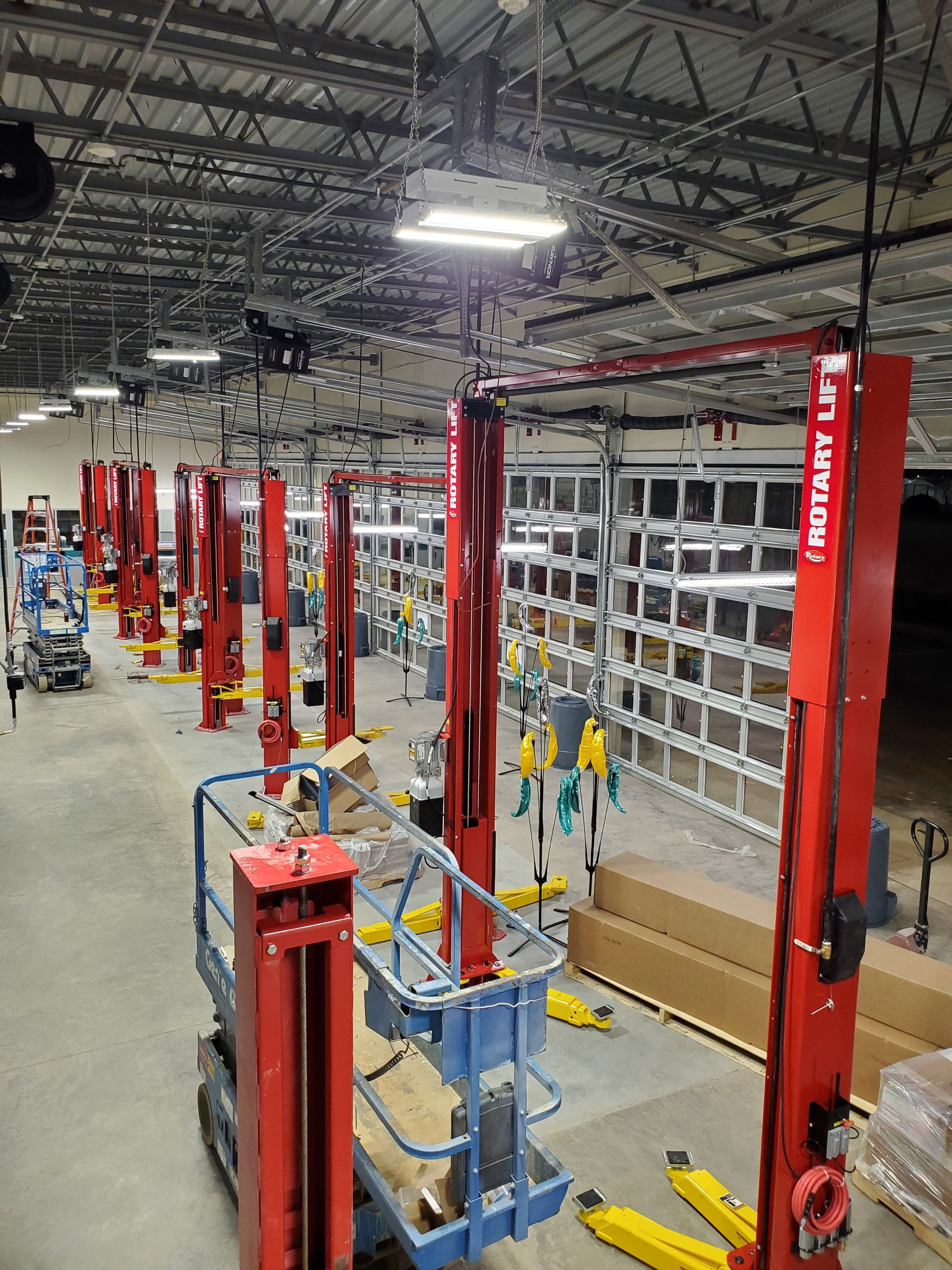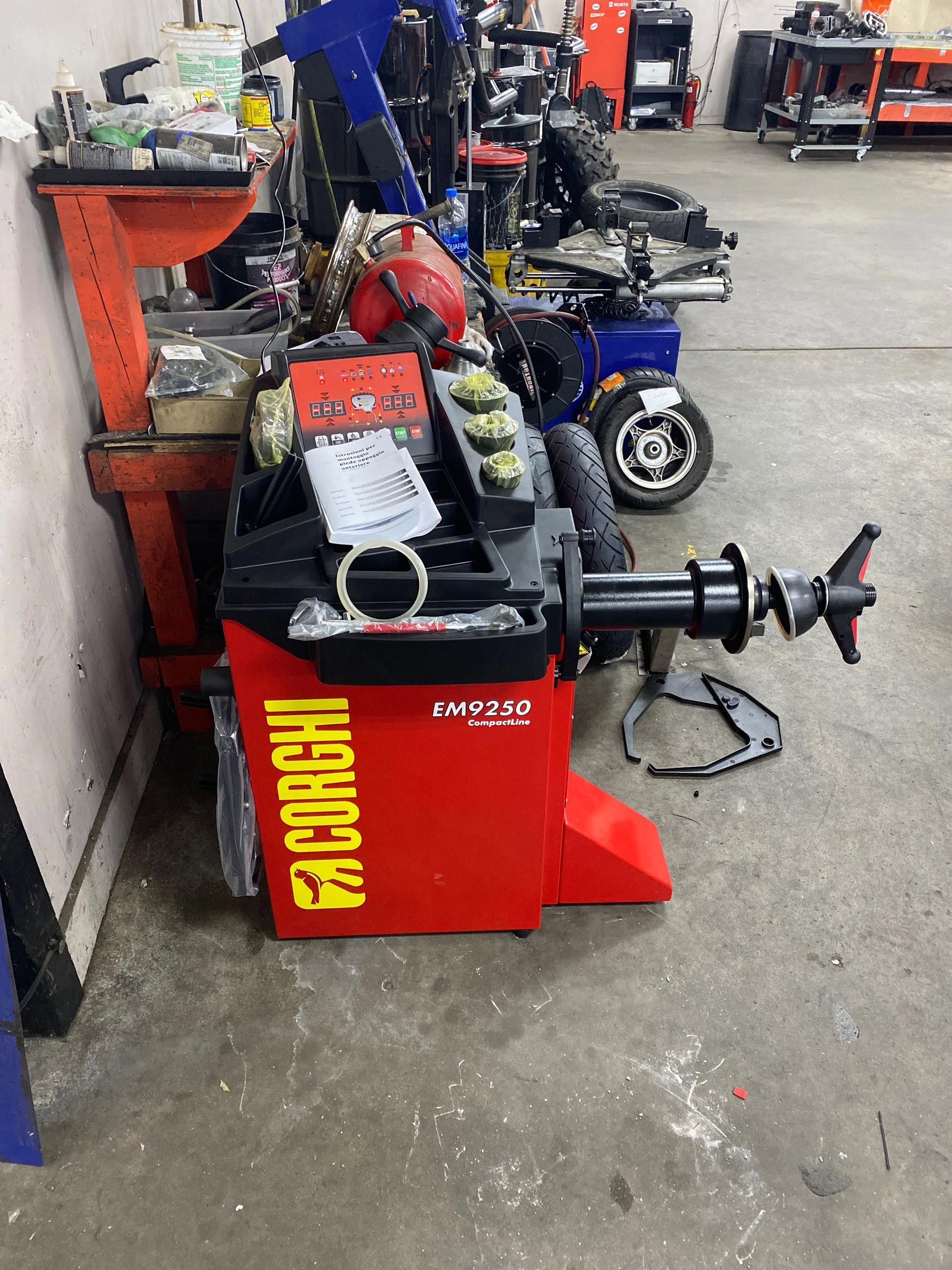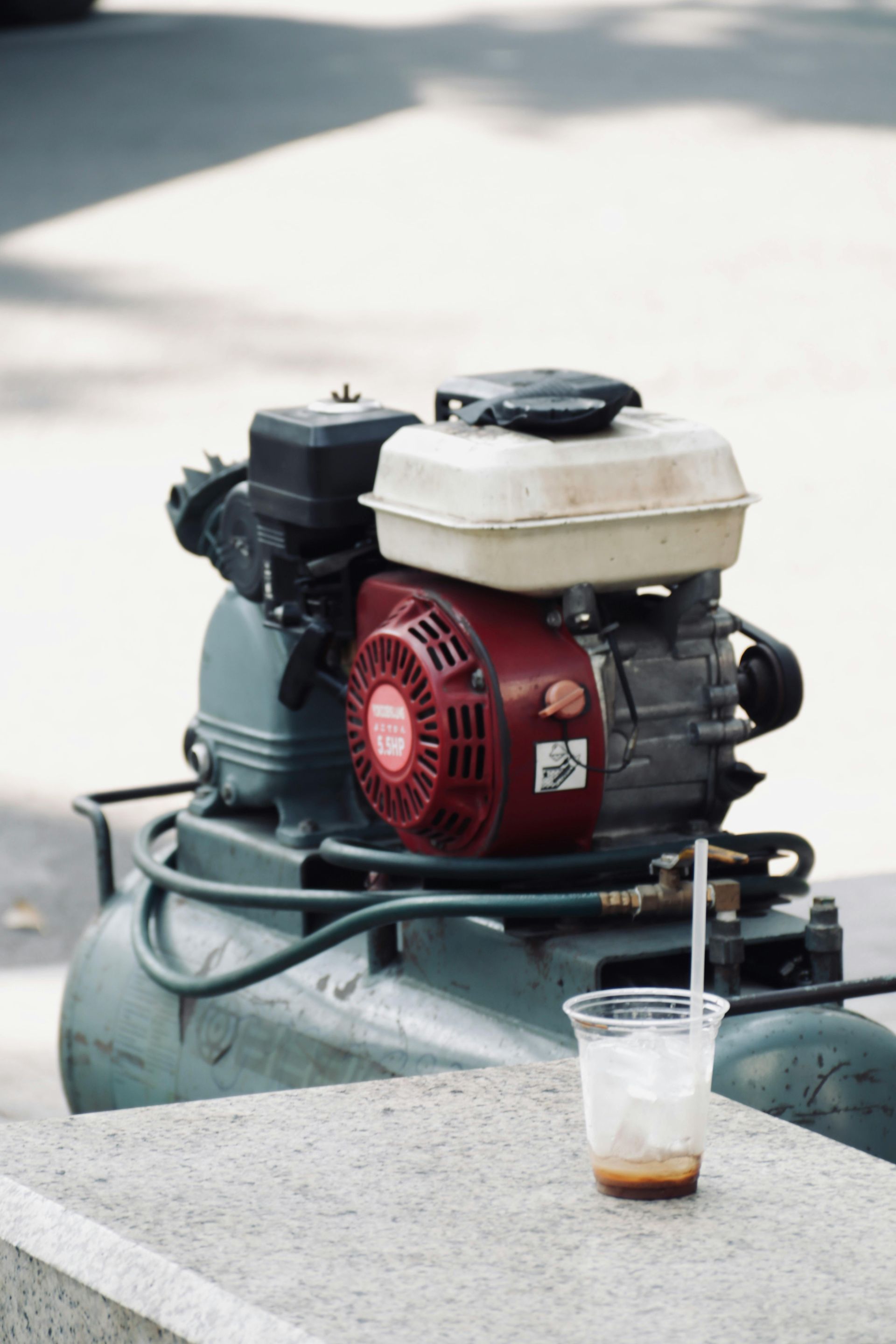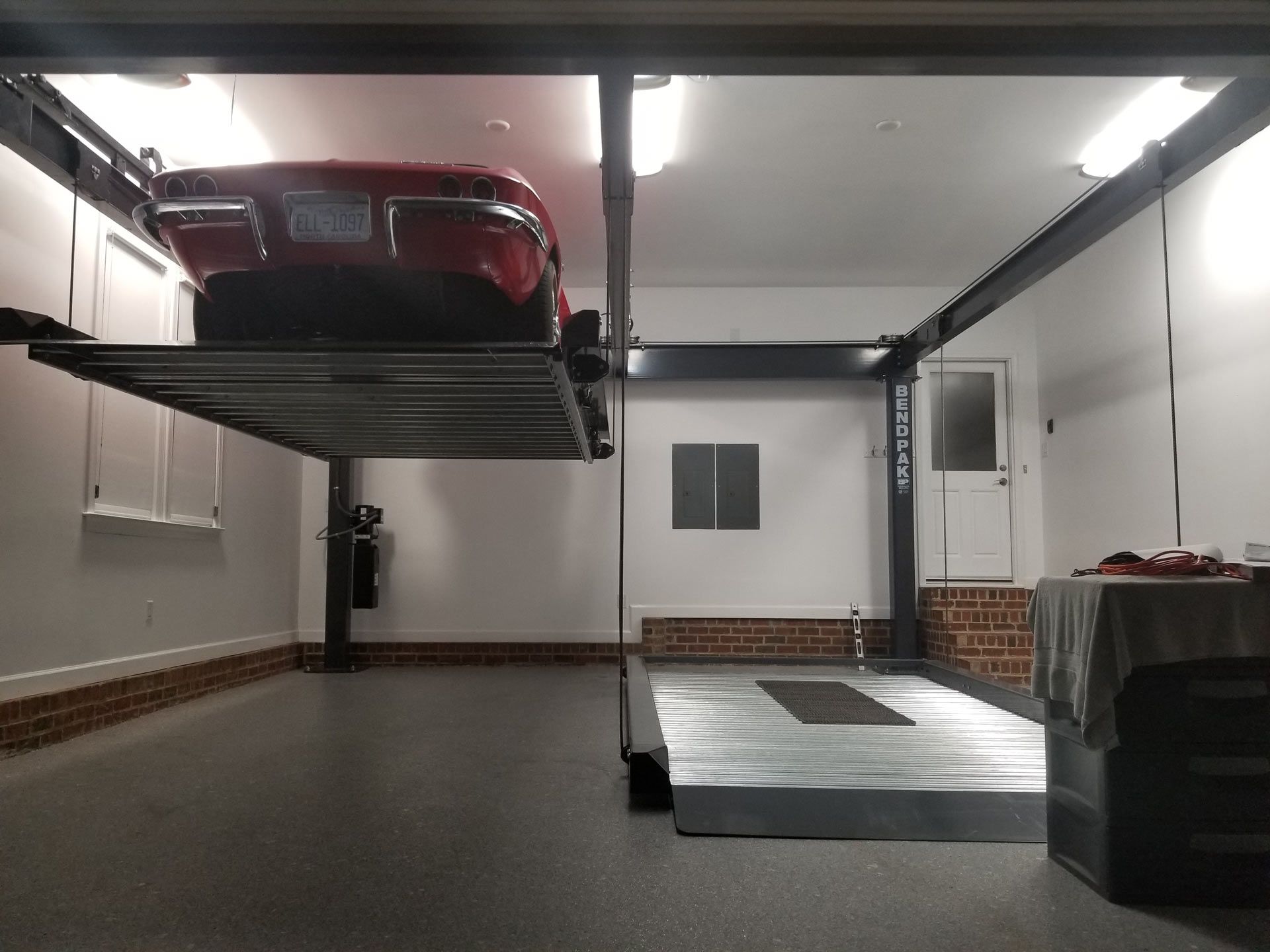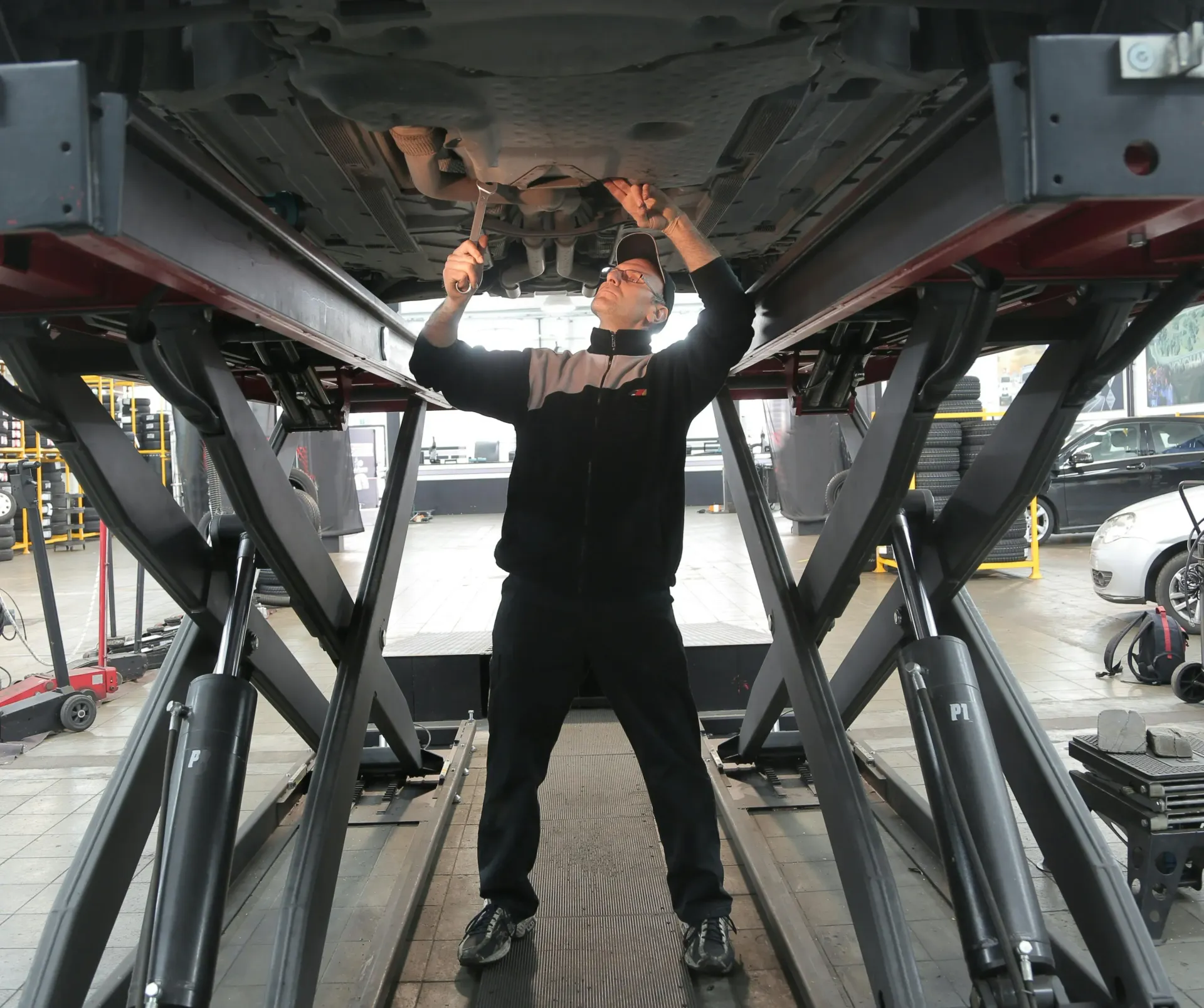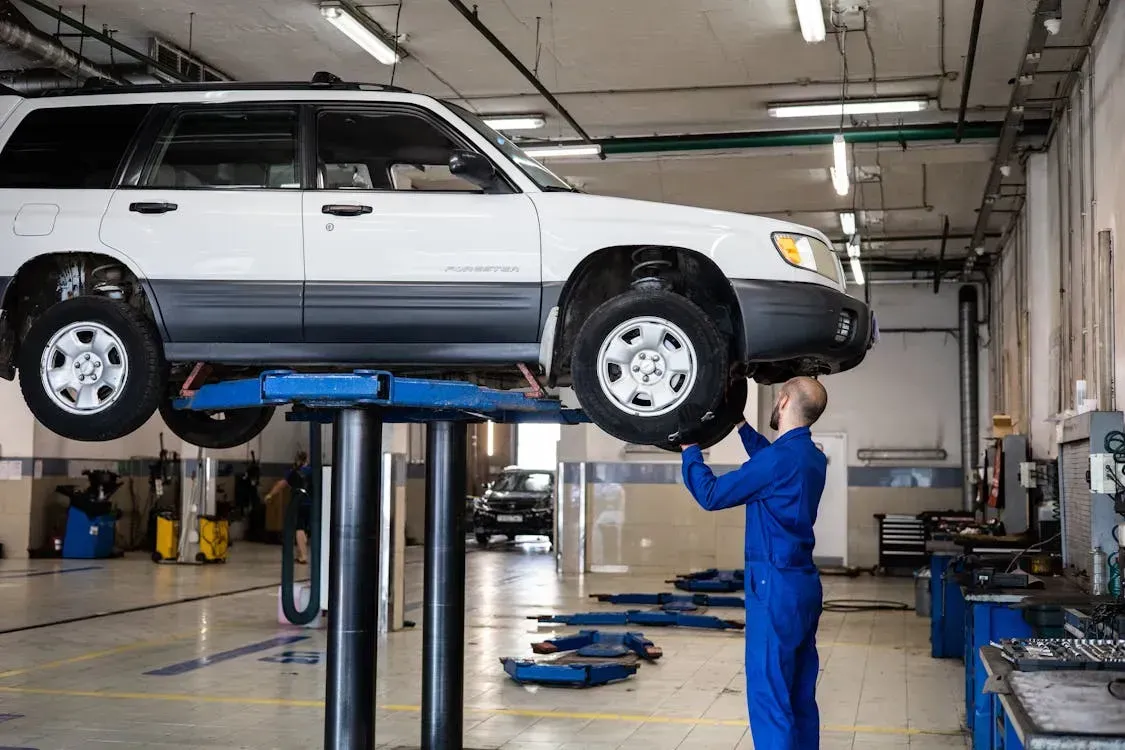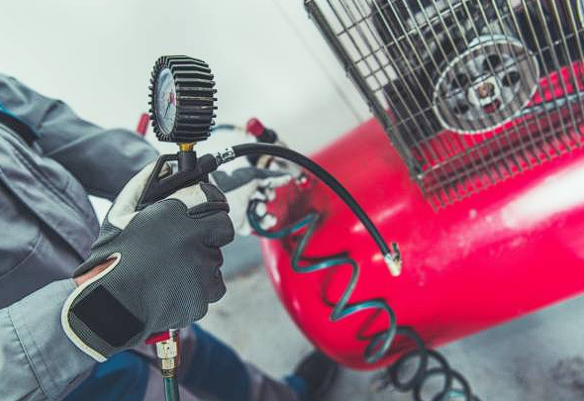
What is Compressed Air Used For? Understanding Its Applications
Compressed air is a vital resource in many industries. It's used to power tools, move products, and even assist in medical procedures. But what exactly is compressed air, and why is it so important?
This guide covers the basics of compressed air, its generation, and its wide range of uses. If you're involved in manufacturing, automotive work, healthcare, or food processing, knowing how compressed air is used can improve your operations.
We'll also discuss the benefits of compressed air systems, how to choose the right one, and tips to maximize efficiency.
What is Compressed Air?
Compressed air is simply air that’s been pressurized to a higher level than the atmosphere. It’s generated by compressing atmospheric air using a compressor, which reduces its volume and increases its pressure. This pressurized air is then stored in tanks or distributed through a system to be used as needed.
Compressed air acts like a form of energy. It can power tools, inflate tires, or even cool and clean machinery. It’s versatile, reliable, and used in countless applications across various industries.
Understanding the basics of compressed air is crucial for anyone working with or around it. Knowing how it’s generated and used helps ensure you’re making the most of this powerful resource.
Common Uses of Compressed Air in Various Industries
Compressed air is a workhorse in many industries due to its versatility. Here's how it's commonly used:
Manufacturing
In manufacturing, compressed air powers pneumatic tools, which are essential for tasks like assembly, cutting, and drilling. It's also used for operating automated systems, controlling processes, and moving products along production lines. The reliability and power of compressed air make it a go-to resource for many manufacturers.
Automotive
The automotive industry relies on compressed air for several key functions. It’s used in paint spraying for a smooth, even coat. Tire inflation is another common use, ensuring tires are filled to the correct pressure quickly and efficiently. Additionally, pneumatic tools driven by compressed air, such as wrenches and drills, are widely used in repair shops and manufacturing plants.
Healthcare
In healthcare, compressed air plays a critical role. It's used to power dental tools, operate respiratory
devices, and even in surgical settings. The medical industry requires compressed air that's clean and dry, making it safe for patient care and delicate procedures.
Food Processing
Compressed air is essential in food processing, where it’s used to clean, move, and package products. The air must be clean to prevent contamination, making quality compressed air systems vital in maintaining safety standards. It helps in everything from sorting products to sealing packages.
These examples highlight the wide range of applications for compressed air across different industries. Understanding these uses helps you appreciate the importance of maintaining a reliable compressed air system in your business.
Benefits of Using Compressed Air Systems
Compressed air systems offer several advantages that make them indispensable in various industries:
Efficiency
Compressed air systems are highly efficient. They can deliver power instantly and can be adjusted to different levels depending on the task. This makes them ideal for both heavy-duty applications and more delicate tasks.
Safety
Compared to other forms of energy, compressed air is relatively safe. There’s no risk of explosion like with gas, and it's non-toxic, making it suitable for environments where safety is a top priority, such as healthcare and food processing.
Versatility
The versatility of compressed air is one of its biggest benefits. It can be used to power tools, move products, and even clean surfaces. Whether in a small workshop or a large factory, compressed air systems can be adapted to meet specific needs.
Cost-Effectiveness
While the initial setup cost of a compressed air system might be high, the long-term benefits make it cost-effective. Maintenance is relatively low, and the ability to use one system for multiple applications can reduce overall operational costs.
These benefits make compressed air systems a smart investment for businesses across various industries. By understanding and leveraging these advantages, you can enhance your operations and achieve greater efficiency and safety.
Types of Compressed Air Systems
Choosing the right type of compressed air system is crucial for meeting your business needs. Here are the main types:
Reciprocating Air Compressors
Reciprocating air compressors use a piston-driven mechanism to compress air. They are ideal for smaller applications or where intermittent use is required. These compressors are compact and generally more affordable, making them suitable for small workshops or garages.
Rotary Screw Air Compressors
Rotary screw compressors are designed for continuous use and are common in industrial settings. They use two rotors to compress the air, offering a steady flow of pressurized air. These compressors are efficient, reliable, and can handle larger demands, making them a popular choice in manufacturing plants and automotive facilities.
Centrifugal Air Compressors
Centrifugal compressors are used in large-scale operations where high volumes of compressed air are needed. They use a rotating impeller to increase air pressure and are typically found in heavy industries, such as chemical plants or refineries. These systems are highly efficient but require significant investment and maintenance.
Understanding these different types of compressed air systems helps you make an informed decision based on your specific needs. Whether you require a system for small tasks or large-scale operations, there’s a compressor that fits your requirements.
Factors to Consider When Choosing a Compressed Air System
Selecting the right compressed air system involves considering several important factors. Here’s what you need to think about:
Air Quality
The quality of compressed air is crucial, especially in industries like healthcare and food processing. You’ll need to consider how clean and dry the air needs to be for your applications. Contaminants like oil, water, and particles can affect the performance of tools and processes, so choosing a system that includes proper filtration and drying is essential.
Pressure Requirements
Different applications require different levels of air pressure. For instance, heavy-duty tools may need higher pressure, while more delicate tasks require lower levels. Understanding your pressure needs helps in selecting a system that can consistently deliver the required performance without overworking the compressor.
Energy Efficiency
Energy costs can be a significant part of running a compressed air system. Look for systems that are energy-efficient, which can save you money in the long run. Variable speed drives (VSD) are a great feature to consider as they allow the system to adjust power use based on demand, reducing unnecessary energy consumption.
Maintenance and Reliability
A reliable system with low maintenance needs is ideal for keeping operations running smoothly. Consider the availability of parts, ease of service, and the reputation of the manufacturer when selecting a system. Regular maintenance is key to extending the life of your compressed air system and avoiding costly downtime.
By considering these factors, you can choose a compressed air system that meets your specific needs, ensuring efficiency, reliability, and long-term value for your business.
How to Optimize Compressed Air Usage
Optimizing your compressed air system can lead to significant cost savings and improved efficiency. Here are some key strategies:
Regular Maintenance
Regular maintenance is essential for keeping your compressed air system running smoothly. This includes checking for leaks, replacing filters, and ensuring all components are in good working order. Preventive maintenance can help you avoid unexpected breakdowns and extend the life of your system.
Proper Sizing
Choosing the right size compressor for your needs is crucial. An oversized system wastes energy, while an undersized one may struggle to meet demand. Assess your air usage and ensure the system you select can handle your peak requirements without being too large.
Leak Detection and Repair
Leaks in your compressed air system can lead to significant energy losses. Regularly inspecting your system for leaks and repairing them promptly can save energy and reduce costs. Even small leaks can add up over time, so it's important to address them as soon as they’re detected.
Monitoring and Control
Using advanced monitoring and control systems can help you optimize air usage. These systems allow you to track air consumption, detect inefficiencies, and adjust operations to improve performance. Implementing a control system can lead to more efficient use of compressed air and reduce energy costs.
Employee Training
Ensuring that your employees are trained in the proper use of compressed air systems is another way to optimize usage. Educated employees can operate the system more efficiently, recognize potential issues early, and contribute to overall energy savings.
By following these strategies, you can maximize the efficiency of your compressed air system, reduce operational costs, and enhance overall performance.
Conclusion
Compressed air is an essential tool across various industries, providing the power and versatility needed to keep operations running smoothly. From manufacturing and automotive work to healthcare and food processing, understanding and optimizing your compressed air system can make a significant difference in efficiency and cost-effectiveness.
If you’re looking to upgrade or install a new compressed air system, L&D Shop Solutions is your go-to provider.
Located in Angier, NC, Holly Springs, and Apex, they offer a comprehensive range of products tailored to meet your specific needs. L&D Shop Solutions is not just a reseller; they provide turn-key services, including sales, installation, and warranty support. They carry reliable Eaton Air Compressors, known for their durability and excellent warranty, all made in the USA.
In addition to compressed air systems, L&D Shop Solutions also specializes in automotive equipment, including Rotary Automotive Lifts, Corghi tire service equipment, and storage lifts designed for residential use. Their top-notch service ensures careful handling of your home or shop, and they back their work with a personal 1-year warranty.
Don’t settle for less when it comes to your automotive and compressed air needs. Contact L&D Shop Solutions today and experience the difference quality service and products can make.



